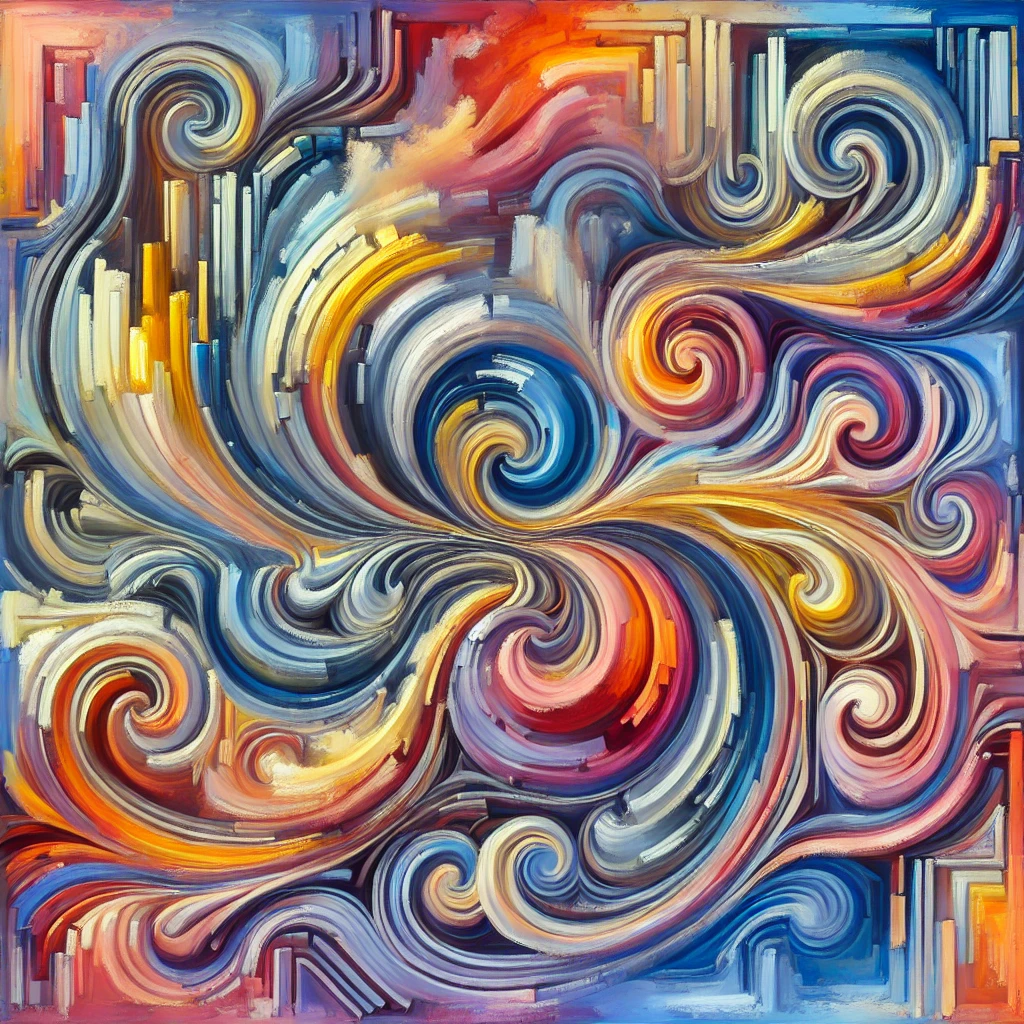- Published on
Generative AI The Future of Content Creation
- Authors

- Name
- Adil ABBADI
Introduction
The world of content creation is on the cusp of a revolution. Generative AI, a subset of artificial intelligence that focuses on creating new, unique content, is changing the game. From writing assistance to visual art, music, and even entire stories, generative AI is pushing the boundaries of what's possible. In this article, we'll delve into the exciting world of generative AI and explore its implications for the future of content creation.

- The Rise of Generative AI
- The Impact on Content Creation
- The Dark Side of Generative AI
- Conclusion
- Join the Conversation
The Rise of Generative AI
Generative AI has been making waves in recent years, with breakthroughs in areas like natural language processing, computer vision, and generative adversarial networks (GANs). These advancements have enabled the creation of sophisticated AI models that can learn from vast amounts of data and produce high-quality content.
For instance, AI-generated music has become increasingly popular, with tools like Amper Music and AIVA allowing users to create custom soundtracks in minutes. Similarly, AI-powered writing assistants like language models and content generators are streamlining the writing process for professionals and amateurs alike.
import transformers
from transformers import pipeline
# Load a pre-trained language model
model = pipeline("text-generation", model="gpt2-large")
# Generate a short story
story = model("Once upon a time, in a land far, far away...", max_length=200)
print(story)
The Impact on Content Creation
Generative AI is having a profound impact on the content creation landscape. Here are a few ways it's changing the game:
Efficiency and Productivity
Generative AI tools can automate many repetitive and time-consuming tasks, freeing up creators to focus on high-level creative decisions. For example, AI-powered video editing software can automatically trim footage, adjust audio levels, and even add visual effects.
Increased Accessibility
Generative AI is democratizing content creation, making it possible for people without extensive training or experience to produce high-quality content. This could lead to a proliferation of new voices, perspectives, and ideas.
New Forms of Content
Generative AI is enabling the creation of entirely new forms of content, such as AI-generated videos, interactive stories, and immersive experiences. These formats are pushing the boundaries of traditional media and opening up new opportunities for engagement and storytelling.

The Dark Side of Generative AI
While generative AI holds tremendous promise, it also raises important questions about authorship, ownership, and accountability. As AI-generated content becomes more sophisticated, it's becoming increasingly difficult to distinguish between human-created and AI-generated work.
Moreover, the potential for AI-generated disinformation, propaganda, and even cyber attacks cannot be ignored. As generative AI becomes more widespread, it's essential to develop ethical guidelines, regulations, and safeguards to ensure responsible use.
import numpy as np
from sklearn.metrics import accuracy_score
# Load a dataset of labeled content (human-generated vs. AI-generated)
dataset = ...
# Train a classifier to detect AI-generated content
classifier = ...
accuracy = accuracy_score(dataset.labels, classifier.predict(dataset.features))
print(f"Accuracy: {accuracy:.2f}")
Conclusion
Generative AI is revolutionizing the world of content creation, offering unparalleled opportunities for creativity, innovation, and efficiency. However, it's crucial to acknowledge the potential pitfalls and work towards responsible, ethical development and deployment.
As we move forward, it's essential to strike a balance between embracing the transformative power of generative AI and ensuring that its impact is positive, beneficial, and accountable.
Join the Conversation
Share your thoughts on the future of generative AI in content creation. How do you think it will shape the industry, and what are the most pressing challenges we need to address?
Stay tuned for more in-depth explorations of AI-powered content creation, and join the conversation in the comments below!
